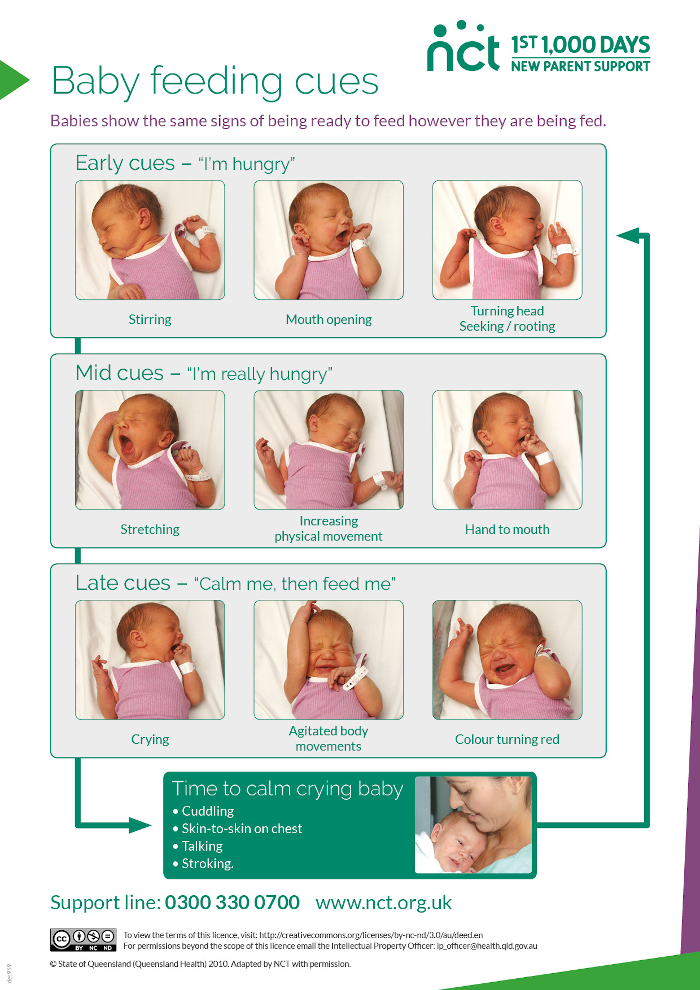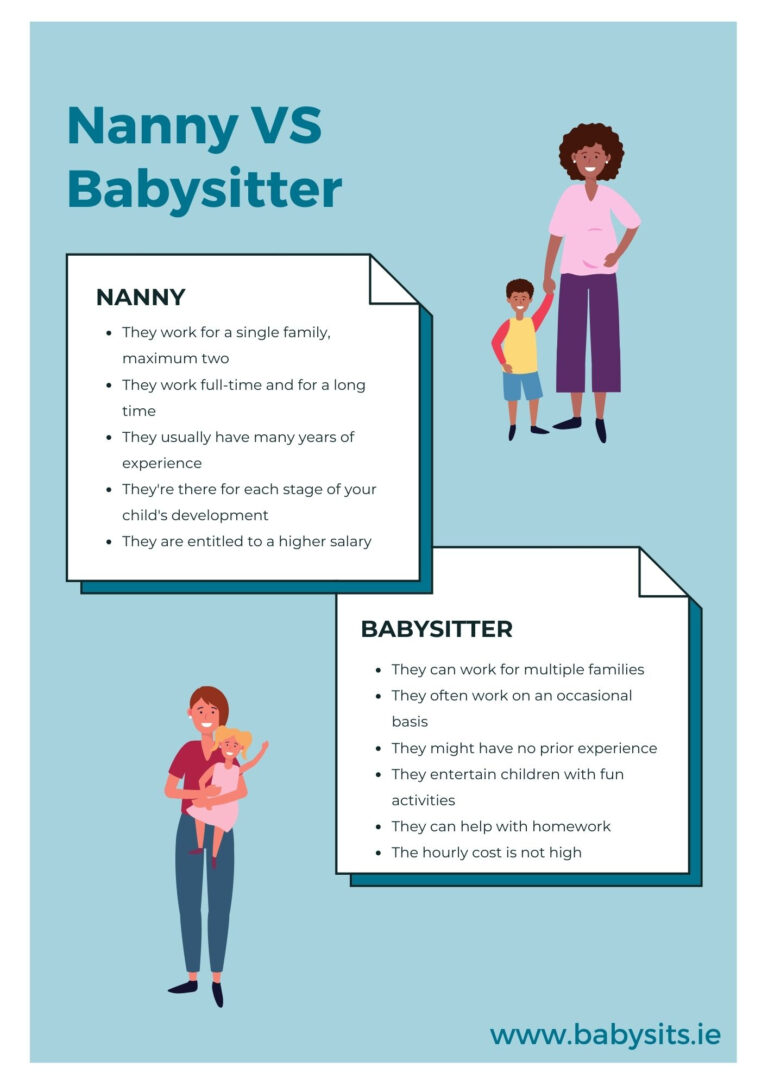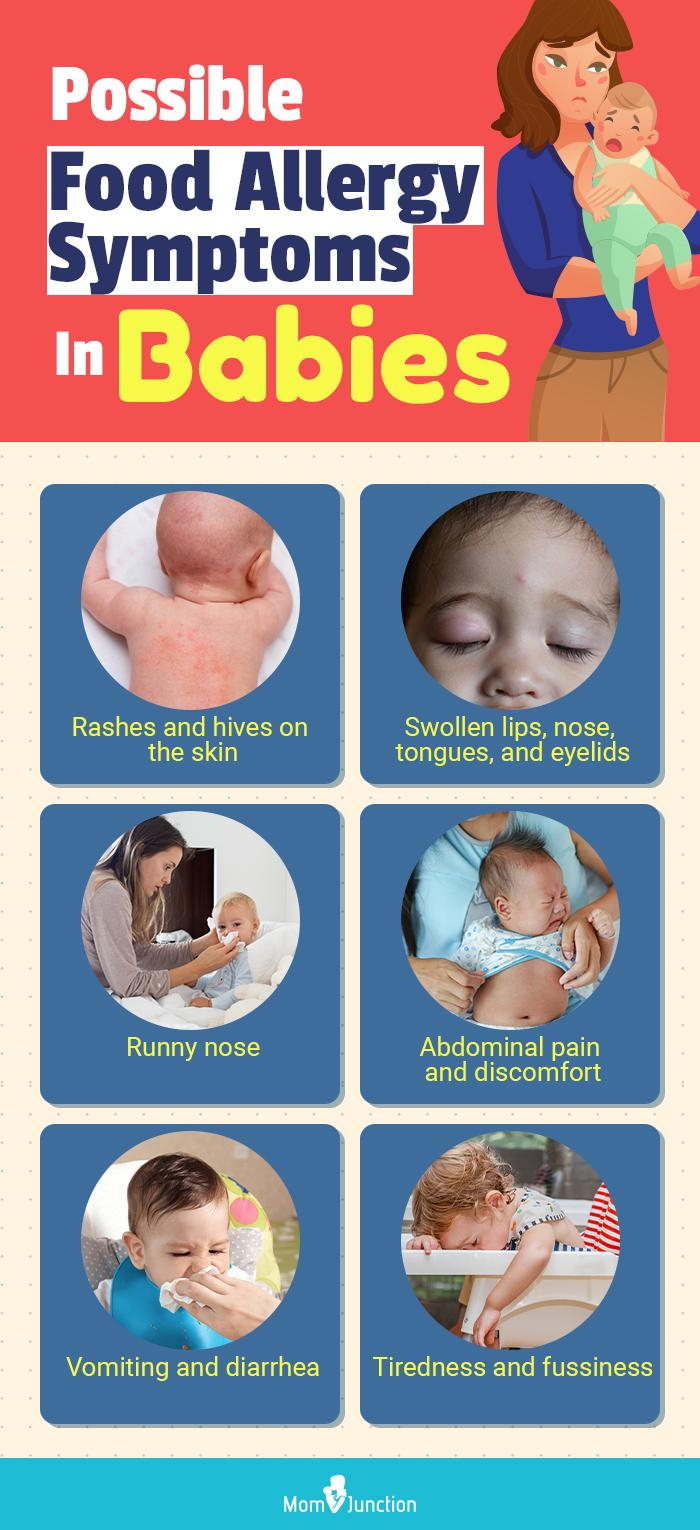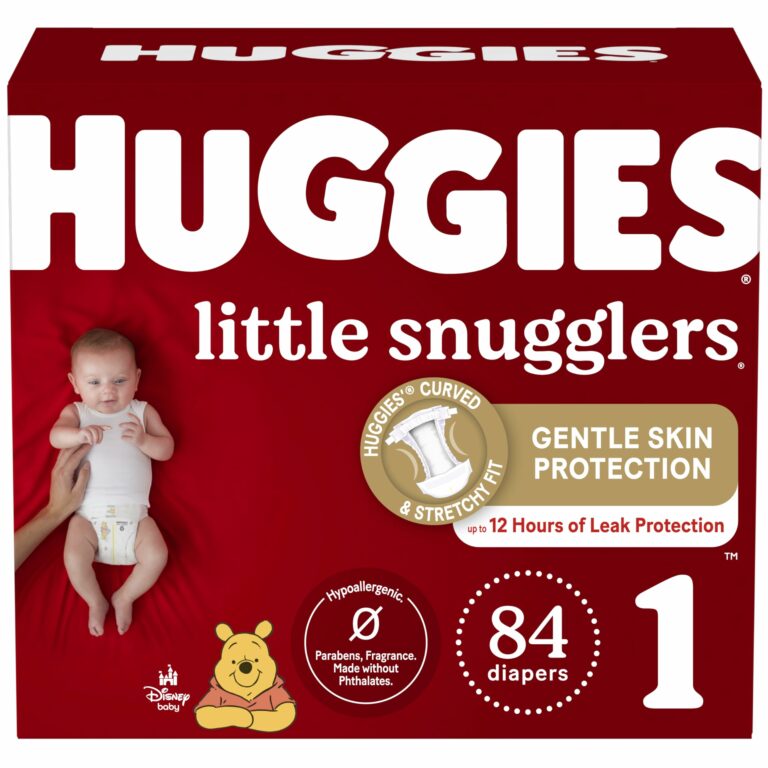How Long Should I Breastfeed My Baby Each Time
When it comes to breastfeeding your baby, one of the most common questions new moms have is: How long should I breastfeed my baby each time? This is a crucial aspect of ensuring your baby gets the right amount of nutrition and helps establish a healthy breastfeeding routine. In this comprehensive guide, we will delve into the details of breastfeeding duration and what factors to consider when determining the optimal feeding time for your little one.
Knowledge
Breastfeeding is not just about providing essential nutrients to your baby but also a time for bonding and comfort. The American Academy of Pediatrics recommends exclusive breastfeeding for the first six months of your baby’s life, followed by continued breastfeeding along with introducing solid foods until at least the first year.
Several factors come into play when determining how long you should breastfeed your baby each time. These include your baby’s age, weight, feeding cues, milk supply, and overall health. It’s essential to pay attention to your baby’s cues and adapt the feeding duration based on their needs.
Newborns have tiny stomachs and need frequent feedings, typically every 2-3 hours. As your baby grows, they may go longer between feedings. However, it’s essential to remember that breast milk is easily digested, so frequent feedings are normal, especially in the early months.
Watch for hunger cues from your baby, such as rooting, sucking on hands, or turning their head towards your breast. These cues indicate that your baby is ready to feed. Responding promptly to these cues can help establish a healthy feeding routine.
Your milk supply plays a significant role in determining how long you should breastfeed your baby each time. Ensuring a good latch, frequent feedings, and staying hydrated can help maintain an adequate milk supply to meet your baby’s needs.
If your baby has any health concerns or is premature, their feeding requirements may differ. Consulting with a lactation consultant or healthcare provider can help tailor a feeding plan that meets your baby’s specific needs.
Conclusion
Understanding how long you should breastfeed your baby each time is essential for their growth and development. By considering factors such as your baby’s age, feeding cues, milk supply, and overall health, you can ensure they receive the right amount of nutrition and comfort during each feeding session.
For new moms, navigating the world of breastfeeding can be overwhelming, but with the right information and support, you can establish a successful breastfeeding relationship with your baby. Remember, every baby is unique, so trust your instincts and seek help when needed to ensure a positive breastfeeding experience for both you and your little one.






